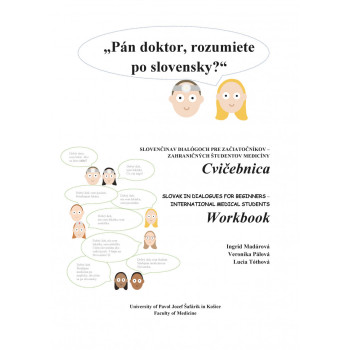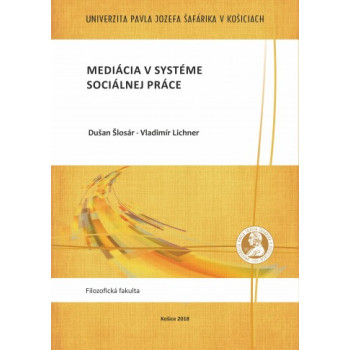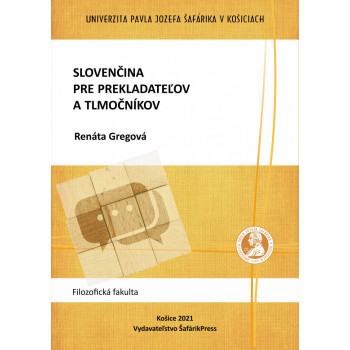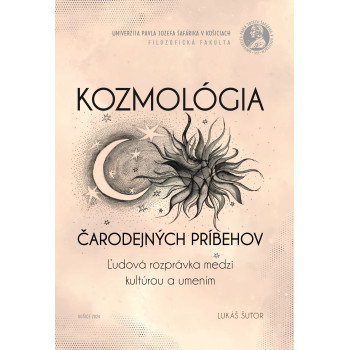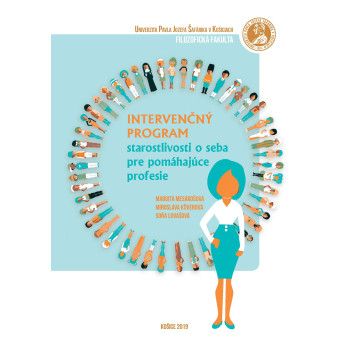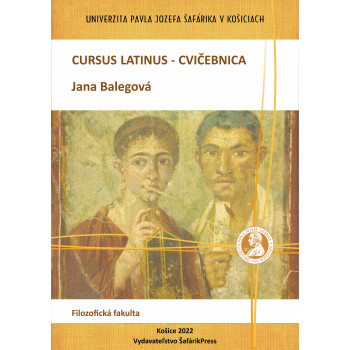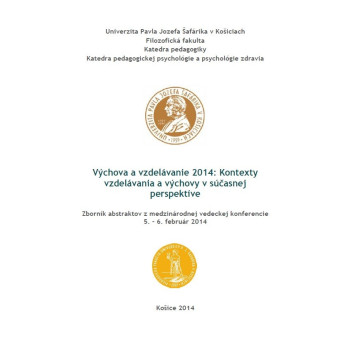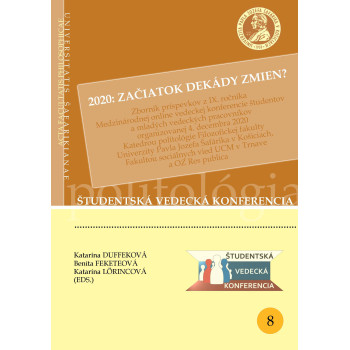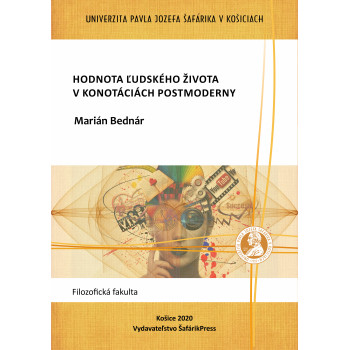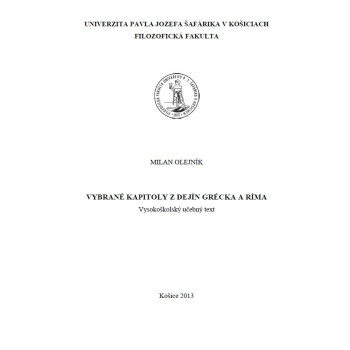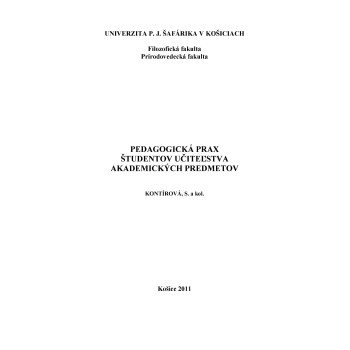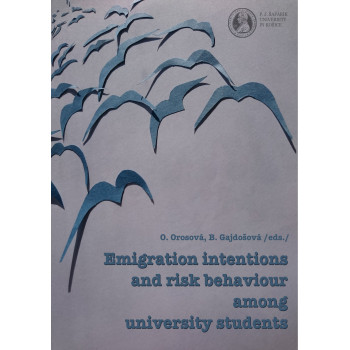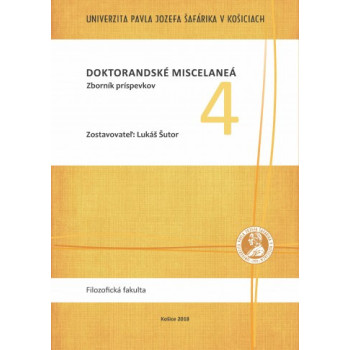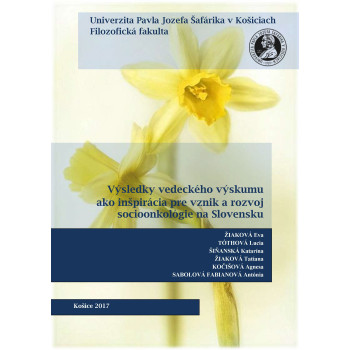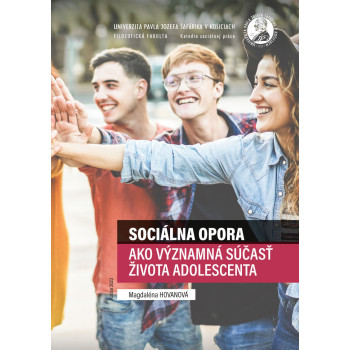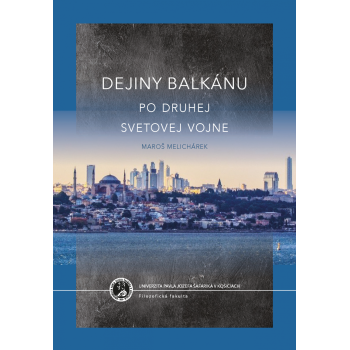
„Pán doktor, rozumiete po slovensky?“
SLOVAK IN DIALOGUES FOR BEGINNERS – INTERNATIONAL MEDICAL STUDENTS - Workbook
E-book
Ingrid Madárová - Veronika Pálová - Lucia Tóthová
Audio attachments - format RAR
The audio-exercise workbook “Pán doktor, rozumiete po slovensky?”is a follow-up to the textbook “Pán doktor, hovoríte po slovensky?” (Madárová et al.)and is intended for international students of Slovak as a foreign language in the medical environment.
This workbook provides the students with an opportunity to practise and enhance mostly their listening skills and pronunciation through various short dialogues between doctors and patients in the Slovak language. Dialogues contain the vocabulary used in the textbook Pán doktor, hovoríte po slovensky?. Students are encouraged to build their confidence in speaking Slovak by practising these dialogues in the new workbook.
The audio-exercise workbook is comprised of 16 units. Each unit offers short dialogues and recordings
A number of dialogues enable its wide use for self-studying while the most frequent phrases related primarily to body parts, signs and symptoms of illnesses, diseases or various medical conditions are practised in different contexts in a variety of exercises.
Original illustrations enable students to understand dialogues more easily and the correct answers of the exercises and the scripts of the recordings can be found in the Answer key at the end of the workbook.



